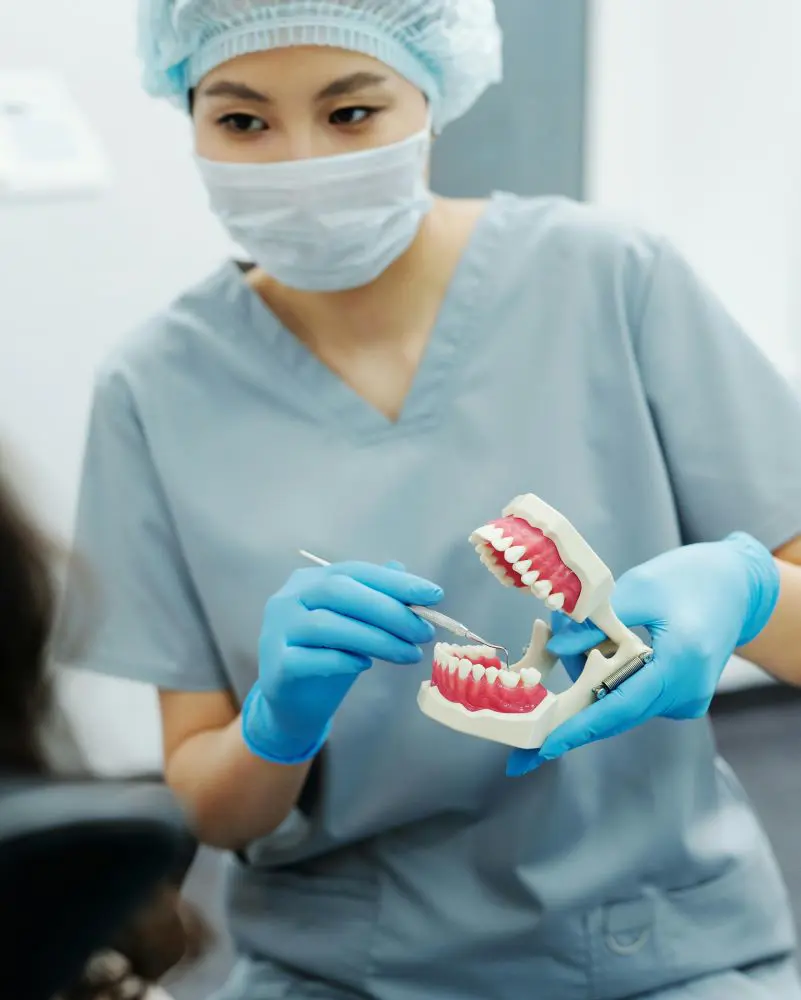Brain supplements have garnered increasing attention in recent years due to their potential to enhance cognitive function and support overall brain health.
These supplements encompass a wide range of natural and synthetic compounds that are purported to improve memory, focus, creativity, and mood.
Many brain supplements contain antioxidants and anti-inflammatory compounds that help protect the brain from oxidative stress and damage caused by free radicals.
Ingredients like omega-3 fatty acids, vitamins C and E, and curcumin have neuroprotective properties, which may reduce the risk of age-related cognitive decline and neurodegenerative diseases like Alzheimer's and Parkinson's.
Brain Health Supplements: Does It Work?
Brain health supplements have become increasingly popular as people seek ways to maintain cognitive function and prevent age-related decline.
With claims of enhancing memory, focus, and overall brain performance, it's natural to wonder: do these supplements work?
The efficacy of brain health supplements depends on various factors, including the ingredients used, individual physiology, dosage, and duration of use. While some supplements may have evidence supporting their effectiveness, others may lack robust scientific backing.
Let's dive into the research behind some common brain health supplements to determine their potential benefits.
Omega-3 Fatty Acids
Omega-3 fatty acids, particularly EPA (eicosapentaenoic acid) and DHA (docosahexaenoic acid), are essential for brain health. They are abundant in fatty fish like salmon, as well as in fish oil supplements.
Research suggests that omega-3s play a crucial role in brain development, cognitive function, and mood regulation.
Several studies have shown that omega-3 supplementation may improve memory and cognitive performance, especially in older adults. However, results have been mixed, with some studies showing more significant benefits than others.
Ginkgo Biloba
Ginkgo biloba extract is derived from the leaves of the Ginkgo biloba tree and is often marketed as a memory enhancer.
While some research suggests that ginkgo may improve cognitive function and slow age-related cognitive decline, the evidence is inconclusive.
Some studies have shown modest benefits in memory and attention, while others have found no significant effects. More research is needed to determine the true efficacy of ginkgo biloba for brain health.
Bacopa Monnieri
Bacopa Monnieri is an herb traditionally used in Ayurvedic medicine to enhance memory and cognitive function. Several studies have shown that bacopa supplementation may improve memory and cognitive performance, particularly in older adults.
It is believed to work by increasing levels of certain neurotransmitters in the brain. However, research on bacopa is still relatively limited, and more high-quality studies are needed to confirm its effectiveness.
Caffeine
Caffeine is a natural stimulant found in coffee, tea, and certain supplements. It is known to enhance alertness, focus, and cognitive performance by blocking the action of adenosine, a neurotransmitter that promotes relaxation and sleepiness.
While caffeine can temporarily improve cognitive function, its effects may vary depending on individual tolerance and sensitivity. Long-term, excessive caffeine intake can lead to dependence, tolerance, and withdrawal symptoms.
Vitamins and Minerals
Certain vitamins and minerals, such as vitamin B12, vitamin D, and magnesium, play essential roles in brain health.
Deficiencies in these nutrients have been linked to cognitive decline and neurological disorders. Supplementing with these vitamins and minerals may help support overall brain function, especially in individuals with deficiencies.
However, for those with adequate nutrient intake, supplementation may not provide additional benefits.
Herbal Adaptogens
Adaptogens are herbs that are believed to help the body adapt to stress and promote overall well-being. Examples include Rhodiola rosea, Ashwagandha, and Panax ginseng.
While some research suggests that adaptogens may improve cognitive function and reduce stress levels, the evidence is limited and inconsistent. More studies are needed to fully understand the effects of adaptogens on brain health.
Is It Okay To Take A Brain Supplement?
Deciding whether to take a brain supplement is a personal choice that depends on various factors, including your individual health needs, lifestyle, and preferences.
Here are some considerations to help you make an informed decision:
Assess Your Current Health Status
Before considering a brain supplement, assess your current health status and cognitive function. Are you experiencing any cognitive issues or memory problems?
Consulting with a healthcare professional can help you evaluate your specific needs and determine whether a supplement is appropriate for you.
Review Your Lifestyle Habits
Take a close look at your lifestyle habits, including diet, exercise, sleep quality, and stress levels. A healthy lifestyle forms the foundation for optimal brain health and function.
You need to assess whether you are eating a balanced diet rich in fruits, vegetables, whole grains, and lean proteins and getting enough sleep.
Addressing any deficiencies in these areas may have a more significant impact on brain health than supplementation alone.
Consider the Evidence
Look into the scientific evidence behind the brain supplement you're considering. Keep in mind that while some supplements may have promising research backing their use, others may lack robust evidence or have conflicting results.
Be cautious of exaggerated claims and marketing hype, and prioritize supplements with strong scientific support.
Evaluate Potential Risks and Side Effects
Like any supplement, brain health supplements may carry risks and side effects, particularly if taken in high doses or in combination with medications.
Certain ingredients may interact with medications or exacerbate underlying health conditions.
It's essential to thoroughly research potential risks and consult with a healthcare professional before starting any new supplement regimen, especially if you have pre-existing medical conditions or are taking medication.
Listen to Your Body
Pay attention to how your body responds to the supplement. It is important to consider any positive or negative changes in cognitive function, mood, or overall well-being.
Keep in mind that individual responses to supplements can vary, so what works for one person may not work for another.
Trust your instincts and adjust your supplementation as needed based on your experience and feedback from healthcare professionals.
Alternative Ways To Boost Brain Health
Boosting brain health involves adopting lifestyle habits that support cognitive function, memory, and overall mental well-being. Here are some effective strategies to enhance brain health naturally:
- Stay Physically Active
- Maintain a Healthy Diet
- Get Adequate Sleep
- Manage Stress
- Challenge Your Brain
- Stay Socially Connected
- Limit Alcohol and Avoid Smoking
- Practice Mindfulness and Meditation
Incorporating these lifestyle habits into your daily routine can significantly enhance brain health and cognitive function over time.
Content Sources:










